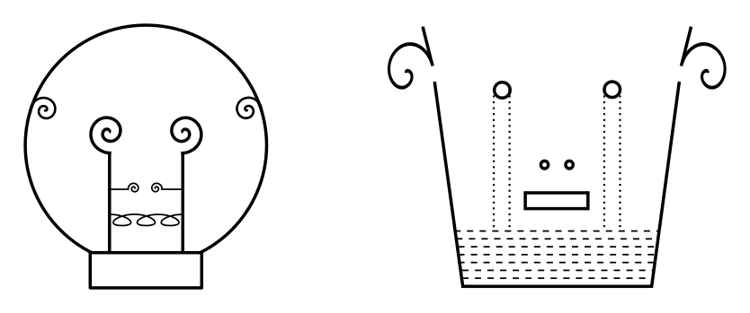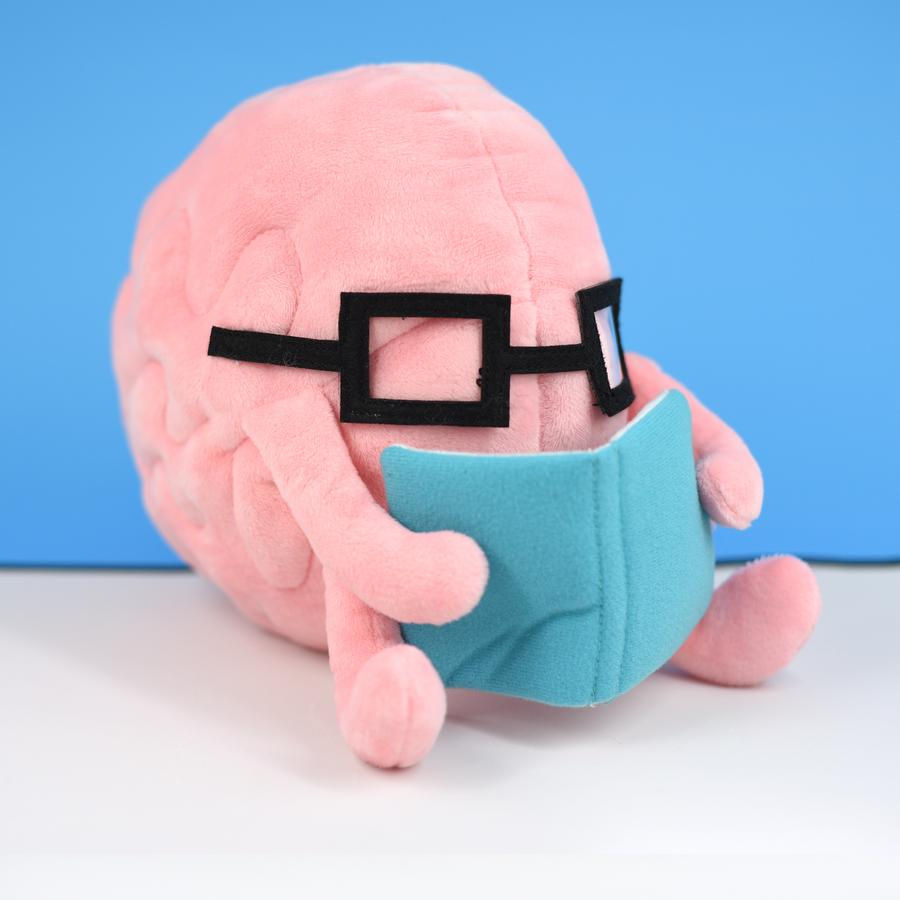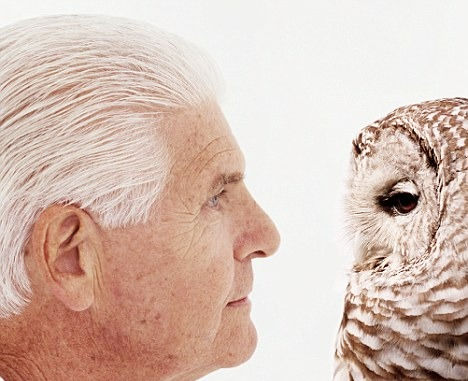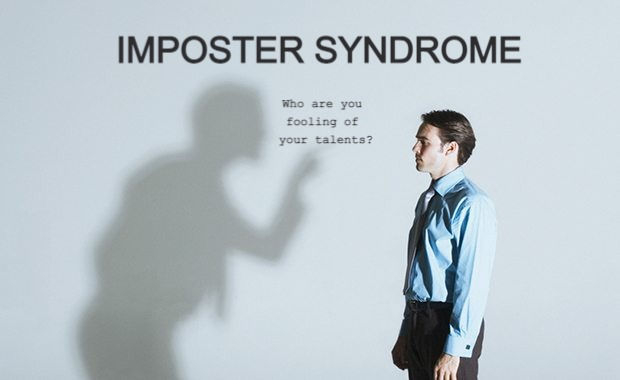Bucket Theory of Mind & Searchlight Theory of Science || Karl Popper
- Neha Mishra

- Nov 19, 2020
- 4 min read
Is your mind a bucket or a bulb?
A little background check before you answer it!
Somewhere under the same blue sky, Mr. K and Miss N arrived at this beautiful island called Mind and stayed forever. Not only that, they started a community called Knowledge on this island and soon the island was populated with Knowledge (ahem, community). The formation of Knowledge is still disputed as to whether more people kept joining or was it intra-community mating and reproduction that populated the island Mind.

Two theories of knowledge, given by Karl Popper in 1931, are conflicting theories on how one acquires knowledge, or how knowledge “populates” one’s mind:
Bucket theory of the mind
Searchlight theory of science

If you believe that the brain is a space where you can store information throughout life, thereby you gain knowledge, try replacing “space” with “bucket” and you get Bucket theory of mind. Just like that, every day you stack more information inside making yourself more knowledgeable over time. The point to note here is that the bucket started with being empty. No knowledge. So does every new concept or idea about the world is afresh.

You learned alphabets, then words, grammar, and finally you were able to construct and comprehend sentences, making you knowledgeable of a language. Bucket Theory of Mind was the name coined by Popper for an existent pedagogical practice and belief.

Bucket theory is all about learning, learning, and learning. You want to woo your crush so you look for suggestions online and learn a few tips and tricks. You store this information in your brain and you’ve bucketed this knowledge. Our non-practical education system is that pedagogical system which believes that knowing formulas or answers is knowledge. So, one passes high school, with zero practicality of all the learning, one will still be considered knowledgeable. And to an extent, this entitlement is correct but useless.

However, this world cannot do without the bucket theory of mind. You need to simply learn a lot of things like what a red traffic signal means. You know what rock looks like and how Trump’s tweets are because you’ve seen or observed it. These are things you can’t change. Tomorrow you can’t decide that your home’s address has to be your cell number, and vice versa. These are conventions that make our living easier. But not every information we feed upon is correct. If you were born in the 6th century B.C. you’d have accepted it as a fact that Earth was flat.

Popper did not introduce this convention to appraise it. He only named it to criticize it. He believed that this was not the way we gained knowledge. But what he actually claims to have discovered is The Searchlight Theory of Science. If you don’t like cramming, this theory is what you’ll like.

This time your brain is no bucket but a light bulb.

Based on previous information or knowledge you interpret new happenings and that is how you revise your knowledge and upgrade it each time. Now the function of the brain is more aptly placed as interpreting and analyzing new knowledge by building associations with previous knowledge. You applied tips from that website to ask your crush out for coffee, but it didn’t work. So you know that website is not reliable. You also know what approach will not work in the future.

Earlier people believed Earth was flat, but it didn’t match all the observations. Some minds realized that their idea was wrong. “If only Earth were spherical” was the hypothesis that stood the test of time and observations.

From Earth is flat to spherical to the geoid, we have learned better. That is the essence of the Searchlight theory of science. It all begins with an idea in the mind, a hypothesis, which is tested against observations.

Popper’s searchlight is stormed with criticisms because he was not the first person to have claimed so. Buhler’s theory of three stages says: Instinct, training, and intellect, state quite similar. Also, Popper’s mentor Otto Selz is believed to be the forerunner of the idea behind the Bucket Theory of the Mind. Why and how Popper takes all the credit is already criticized by many but we’re not here for that. We are here to discuss theories of knowledge.

Searchlight theory is a theory of trial and error. You try and you know better, even with a failed attempt. This is why when Thomas Alva Edison failed 10000 times in making the light bulb he said, “I have not failed. I’ve just found 10000 ways that won’t work.”

While Bucket theory states that we accumulate knowledge through 5 senses, Searchlight theory says we are the creator of knowledge. Think, if we only accumulated 10 ingredients and passed them down to each generation, how would a delicacy be created? A mind will have to blend these ingredients to make something of it and to create a mouthwatering dish one will have to do it thoughtfully, with a plan. Experiments begin with the desired result waiting in the mind. That is the searchlight theory. The better the product of the experiment, the better one has learned.

Can we state the same for the lessons of life? Each time we claim we took a lesson from this event and apply it the next time, it might not work. All our life we improvise our lessons, philosophies, beliefs, and ideology we once (many times actually) thought was perfect.
We say old people are far wiser, but we never say that one is perfectly wise. All the life we learn. We learn better. Sometimes we don’t even know if it’s better because we are midway through the experiment.

Imagine this world is a huge database, which it is, but who is the creator of this knowledge? Experiences and observations, or interpretation and imagination? Is the source of knowledge outside us or is it our mind? I believe both. And in that way, we are both the bucket and the light bulb. What do you think?





Comments